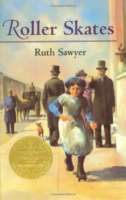
Liberated for a year from her parents’ restrictions, ten-year-old Lucinda discovers true freedom in the care of her temporary guardians as she roller skates around the streets of turn-of-the-century New York.
Material appropriate for intermediate age groups

Liberated for a year from her parents’ restrictions, ten-year-old Lucinda discovers true freedom in the care of her temporary guardians as she roller skates around the streets of turn-of-the-century New York.
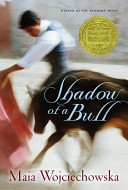
As he prepares for his first bullfight at the age of twelve, Manolo Olivar struggles with doubts about being able to fulfill his late father’s bullfighting legacy.
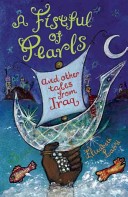
Secret serpents, devilish demons, mysterious magicians — the folk tales of Iraq are filled with otherworldly creatures, enchantment, and earthy humor. During her time spent in the Middle East, award-winning novelist Elizabeth Laird gathered together the very best Iraqi stories, ranging from thieving porcupines who get their come-uppance to the hilarious tale of the chaos caused by a handsome stranger who knocks at a house harboring a marriageable daughter. Meticulously researched, these stories reveal the true, traditional heart of Iraq, far removed from today’s news headlines.
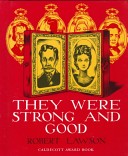
Awarded the Caldecott Medal in 1941, They Were Strong and Good is a classic book that follows the path of one family’s journey through American history. Robert Lawson introduces us to his forefathers and with them we brave Caribbean storms, travel to the wharf markets of New York, and fight in the Civil War. Amidst these adventures Lawson’s grandparents meet, marry, and raise a family, and later his parents follow the same cycle of life. But this book is more than just the story of one family, it’s a social history of our country.
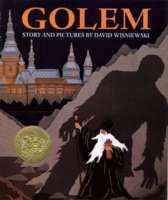
Retold from traditional sources and accompanied by David Wisniewski’s unique cut-paper illustrations, Golem is a dramatic tale of supernatural forces invoked to save an oppressed people. It also offers a thought-provoking look at the consequences of unleashing power beyond human control. The afterword discusses the legend of the golem and its roots in the history of the Jews.
A Caldecott Medal Book.
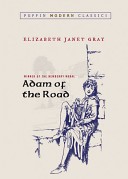
Eleven-year-old Adam loved to travel throughout thirteenth century England with his father, a wandering minstrel, and his dog, Nick. But when Nick is stolen and his father disappears, Adam suddenly finds himself alone. He searches the same roads he traveled with his father, meeting various people along the way.
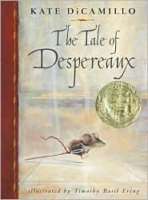
WINNER OF THE NEWBERY MEDAL!
Kate DiCamillo introduces a hero for all time!
Welcome to the story of Despereaux Tilling, a mouse who is in love with music, stories, and a princess named Pea. It is also the story of a rat called Roscuro, who lives in the darkness and covets a world filled with light. And it is the story of Miggery Sow, a slow-witted serving girl who harbors a simple, impossible wish. These three characters are about to embark on a journey that will lead them down into a horrible dungeon, up into a glittering castle, and, ultimately, into each other’s lives. And what happens then? As Kate DiCamillo would say: Reader, it is your destiny to find out.
From the master storyteller who brought us BECAUSE OF WINN-DIXIE comes another classic, a fairy tale full of quirky, unforgettable characters, featuring twenty-four stunning black-and-white illustrations by Timothy Basil Ering, in an elegant design that pays tribute to the best in classic children’s books and bookmaking traditions.
The beloved author of BECAUSE OF WINN-DIXIE enlightens us with a tale of adventure, despair, love, and soup.

On February 17, 1864, the H.L. Hunley made history as the first submarine to sink a ship in battle. Soldiers on the shore waited patiently after seeing the submarine’s return signal. But after several days, the ship had failed to return. What had gone wrong? In 1995, after over 130 years of searching, the H.L. Hunley was finally found buried off the coast of South Carolina.
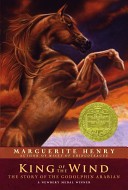
He was named “Sham” for the sun, this golden-red stallion born in the Sultan of Morocco’s stone stables. Upon his heel was a small white spot, the symbol of speed. But on his chest was the symbol of misfortune. Although he was swift as the desert winds, Sham’s pedigree would be scorned all his life by cruel masters and owners.
This is the classic story of Sham and his friend, the stable boy Agba. their adventures take them from the sands of the Sahara. to the royal courts of France, and finally to the green pastures and stately homes of England. For Sham was the renowned Godolphin Arabian, whose blood flows through the veins of almost very superior thoroughbred. Sham’s speed — like his story — has become legendary.
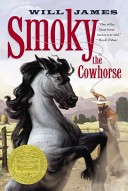
Describes the experiences of Smoky, the mouse-colored horse, from his birth on the range, his capture by humans, through his work in the rodeo and on the ranch, and his eventual old age.